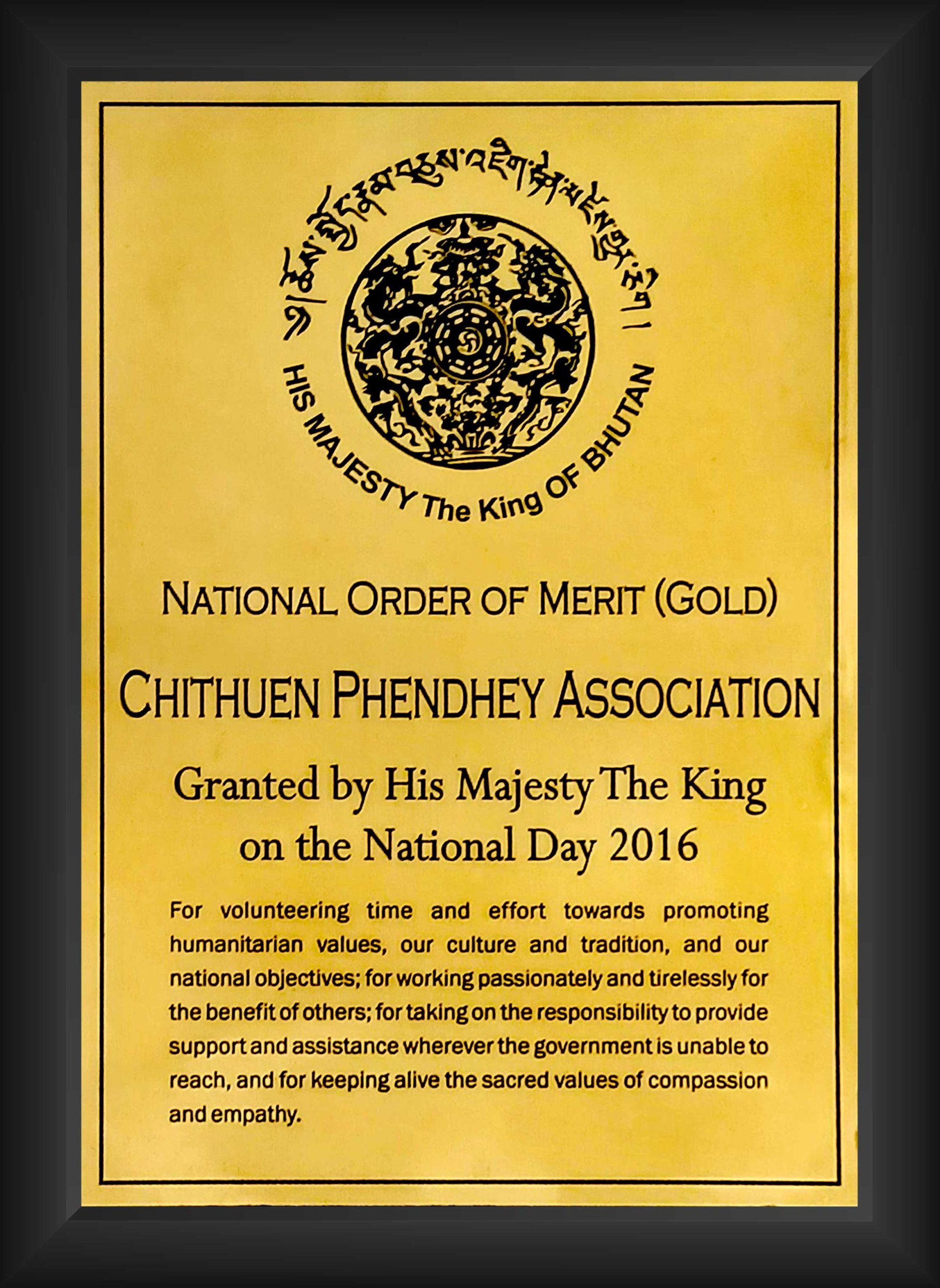+975 02 333111
Treatment

Treatment is very important in dealing with addiction. Addictive disorders are a group of disorders that can cause physical and psychological damage and receiving treatment is essential for breaking the cycle of addiction. Based on scientific research, agencies and institutions assisting people overcome addiction have developed different modalities for treatment. However, a region or a nation’s social and cultural attributes are integral components of treatment provided. Treatment offered by Chithuen Phenday Association (CPA) is a blend of globally accepted and evidence based practices and indigenous programs, which have been proven to be very successful.
Treatment at CPA

Just as any other disease, addiction requires treatment. Without this, people lose their lives early as the responses are not taken at the right time. Studies and publications by different organizations highlight the severity of alcohol abuse in Bhutan. Easy accessibility, culture and other factors together make the prevalence of people abusing alcohol very high. The National Policy and Strategic Framework To Reduce Harmful Use of Alcohol 2015-2020 reports that there are 5407 outlets comprising of retail, wholesale and bars, or 1 outlet for every 98 Bhutanese above 15 years of age. Similarly, drug use is a growing concern among Bhutan’s youth. A national survey in 2017 found that around two-thirds of university students use their pocket money to buy alcohol, drugs, and other substances. And drug overdose cases in hospitals have been ticking up over the years. In 2017, police in the country’s capital, Thimphu, arrested around 600 people in connection with the abuse, possession, and illegal transaction of controlled substances, the highest in recent years. And with over 10 percent of those ages 13 to 17 using marijuana, Bhutan has among the highest proportion of adolescents currently using the drug in WHO’s Southeast Asia region. Meanwhile, over 70 percent of suicide cases in the country are linked to drug and alcohol addiction. Thus, treatment is very vital. Lives can be transformed and saved. The social and economic burden can be reduced drastically. Though the number of people requiring treatment in Bhutan is very high, the country currently lacks adequate facilities and expertise in this field. Nonetheless, CPA continues to provide treatment required at its Happiness and Wellness Center at Taba.
Individuals seeking assistance or those coming for treatment have a multitude of problems. They have psychological, physical and health issues. For example, some are diabetic, while others have hypertension. The treatment seekers are mostly those with social problems involving matrimony, employment, discipline and others. Additionally, most have financial problems, due to which CPA has to provide treatment at a subsidized rate and without any charges for some. Due to differences in the nature of addiction and others, the “one size fits all” approach is not effective. Every client has to be dealt with in a different way. Treatment options for addiction depend on several factors, including the type of addictive disorder, the length and severity of use, and its effects on the individual. Treatment offered by CPA is divided into various phases. The program begins with meditation, psycho-education, modified theaurapatic community approach, cognitive behaviors therapy and the refugee therapy. The benefits of meditation are huge. It helps reduce stress and boosts mental well-being. Studies have also shown that meditation lowers blood pressure, improves heart health, and may even boost the body’s immune system. After years of damage to the body from substance misuse, meditation in recovery may help facilitate the physical healing process. Addiction cravings run high and there are always new challenges to face. Meditating in addiction recovery allows you to set time aside to stop and relax. Some research has even shown that meditation can help make people become less reactive to stress as well as recover from stress more easily. One of the unforeseen meditation recovery benefits is its ability to connect people with their spirituality. For some people, this spirituality can act as a catalyst in their recovery journey and propel them forward.
Psycho-education provides information, awareness and support, and it is used together with other group-based and individual therapies, such as cognitive-behavioral therapy. When psychoeducational groups are used as one part of a comprehensive treatment plan, it increases the chances of long-term recovery. Psychoeducation aims to empower people in treatment to overcome their addictions through education. Psychoeducational groups inform clients and their loved ones about substance abuse, addictive behaviors and its consequences. A psychoeducational group works within a structured framework that presents specific content, which can be in the form of videos, audio recordings or lectures. The Modified Therapeutic Community (MTC) approach is a residential treatment program developed for individuals with co-occurring substance use disorders and mental disorders. Cognitive-behavioral therapy helps people recognize and change ways of thinking that have associations with substance use. The above programs are fitted into CPA’s treatment module where one of the first aims is to make clients acknowledge that substance use has become a problem in the person’s life which is disrupting the quality of their life. The severity of addiction is also checked. Vocational skills development, physical exercises and self help group meetings are also part of treatment. Detoxification is also conducted in collaboration with hospitals. A cornerstone of treatment provided at CPA is getting to the root of the issue. During treatment, the possibility of missing the real issue arises. In other words, alcohol and substance abuse addiction could be solved but the factors that led to addiction could be missed. At CPA, the aspiration is to find this “devil” inside and address it. Once clients understand what the real issues are, it becomes easier for them to confront the problems.
Another important facet of treatment at CPA concerns cultural dilution. The Center ensures that intrinsic values are taught, nurtured and promoted. One of the biggest challenges recovering addicts face is social stigma. Any dilution in culture will make them strangers when they return home. Through a series of daily activities, CPA ensures that there is no dilution of culture. In a nutshell, treatment offered by CPA is at three levels. It begins with clients getting oriented with the centre’s rules and regulations, daily routines and overview of the programs offered. During this period, the main objective is to address their mind and questions they have. This is followed by the primary phase where counseling and other programs begin. Programs concerning psychological and behavioral issues are conducted and it is during this phase that clients see and realize what the main issues or problem is. The final phase is the transition phase where clients are almost ready to leave the center. Reintegration programs are the main focus here.

Find us on facebook
ADDRESS
(+975) 02 333111
(+975) 17398865 / 17398898
drukchithuen@gmail.com
1490
Yangchen Lam, Thimphu.
